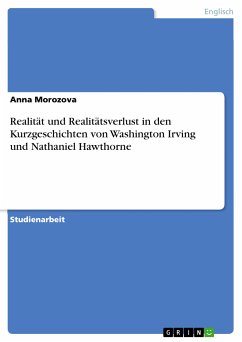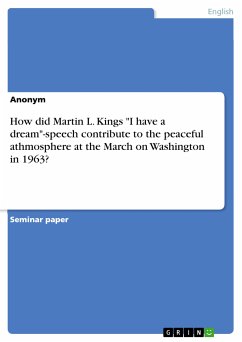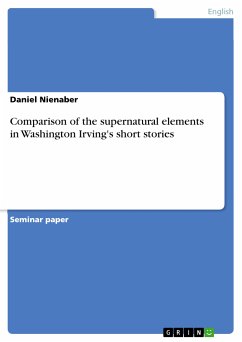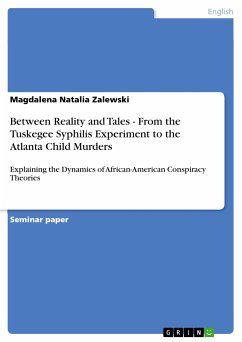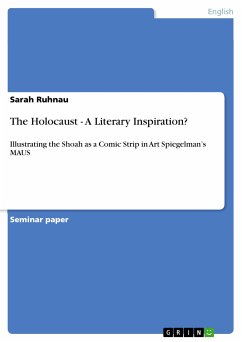Seminar paper from the year 2001 in the subject American Studies - Literature, grade: 2 (B), Christian-Albrechts-University of Kiel (English Institute), language: English, abstract: Washington Irving earned his reputation as a major author by creating the short story. Later authors learned from and fashioned their short stories after his works. Irving was not boastful about his works. Instead, he had this to say, "If the tales I have furnished should prove to be bad, they will at least be found short". Irving′s early works set an example for humorous writing, which later became an important part of American literature. In addition, Irving helped establish the short story as a popular literature for the United States. He also had a way of combining folklore with romanticism in his literary works. His contributions helped to create America′s romantic literary movement. Under the pseudonym Diedrich Knickerbocker Washington Irving wrote A History of New York (1809), perhaps America′s first great book of comic literature. Dietrich Knickerbocker was supposed to be an eccentric Dutch-American scholar. The name Knickerbocker was later used to identify the first American school of writers, the "Knickerbocker Group", of which Irving was a leading figure.1 The book became part of New York folklore, and eventually the word "Knickerbocker" was also used to describe any New Yorker who could trace one′s family to the original Dutch settlers. [...] ______ 1 http://www.csustan.edu/english/reuben/pal/chap3/irving.html



